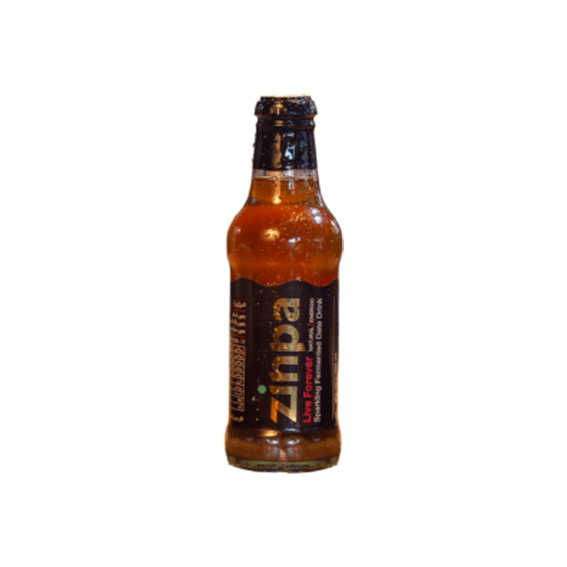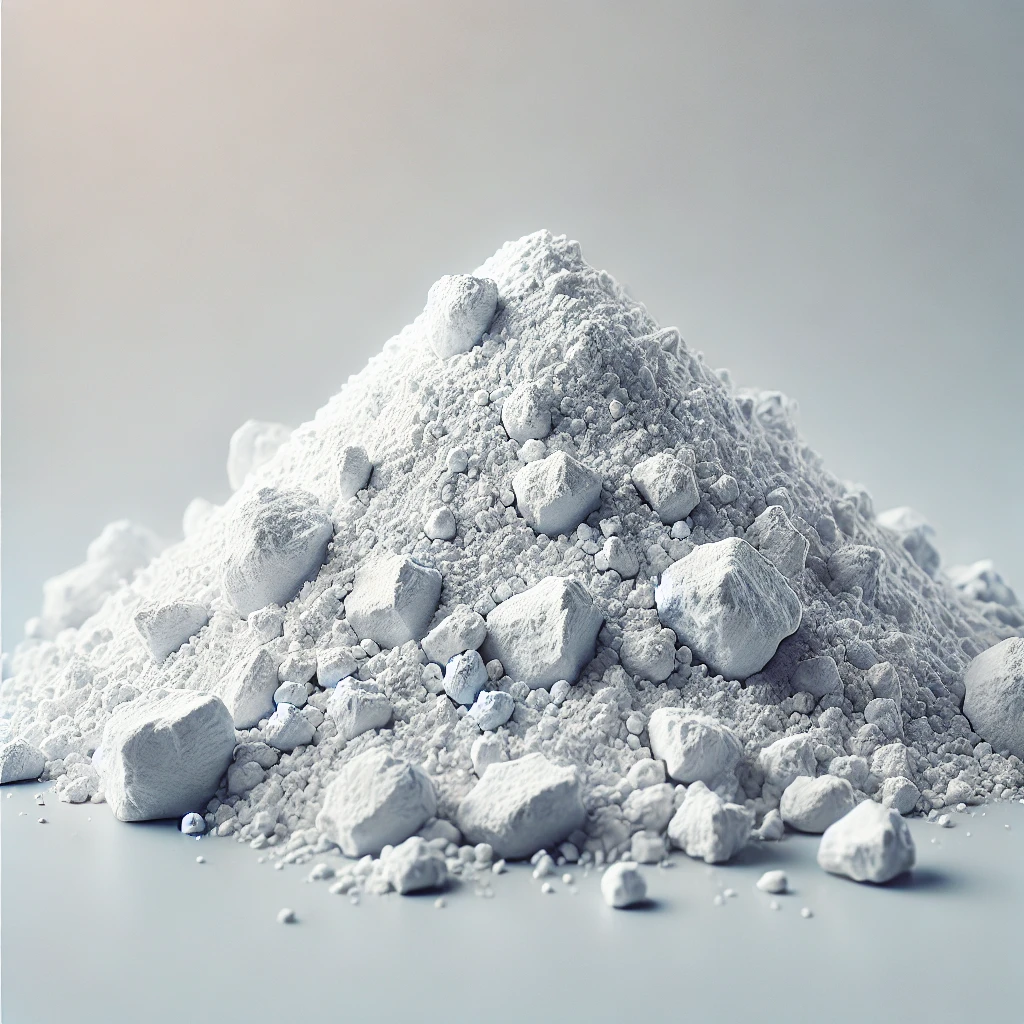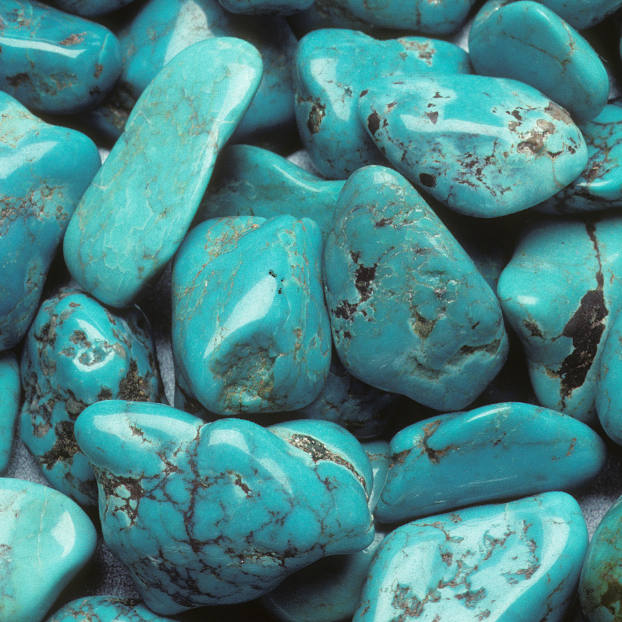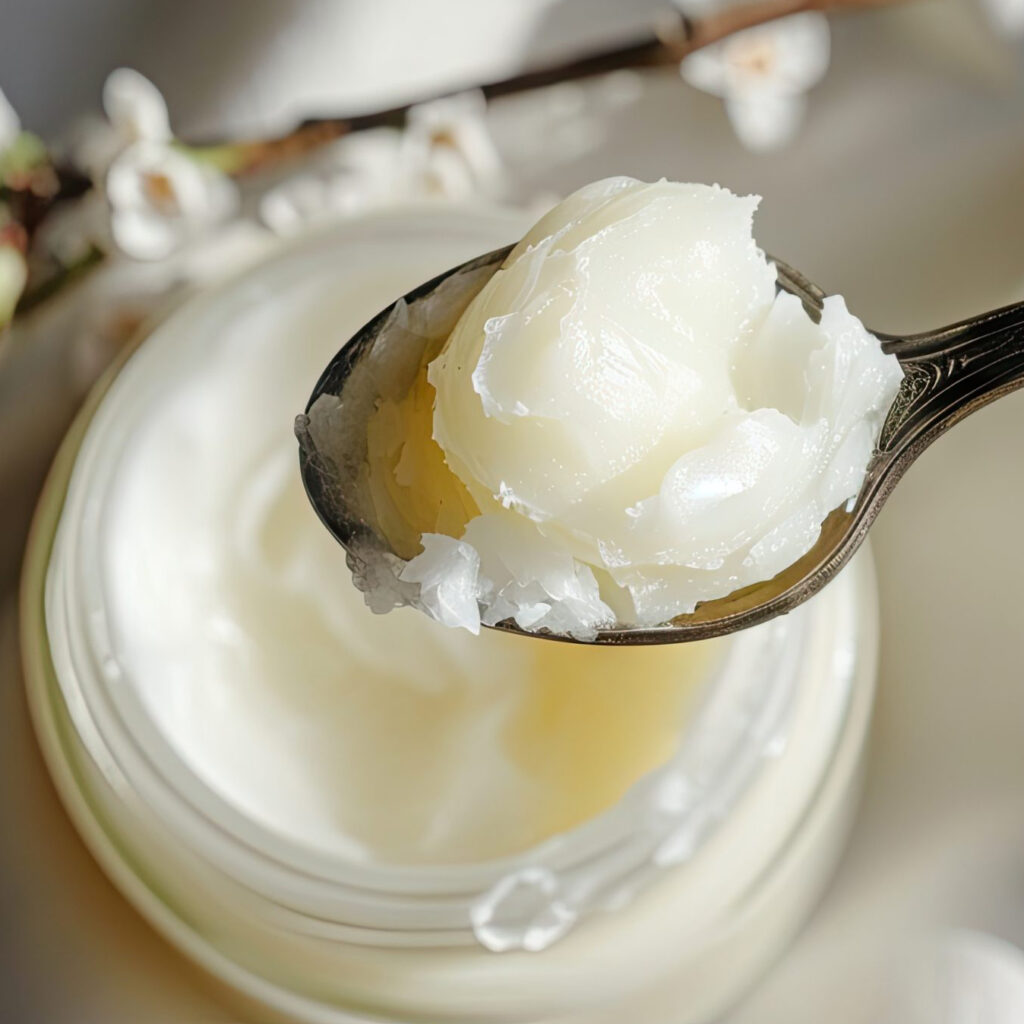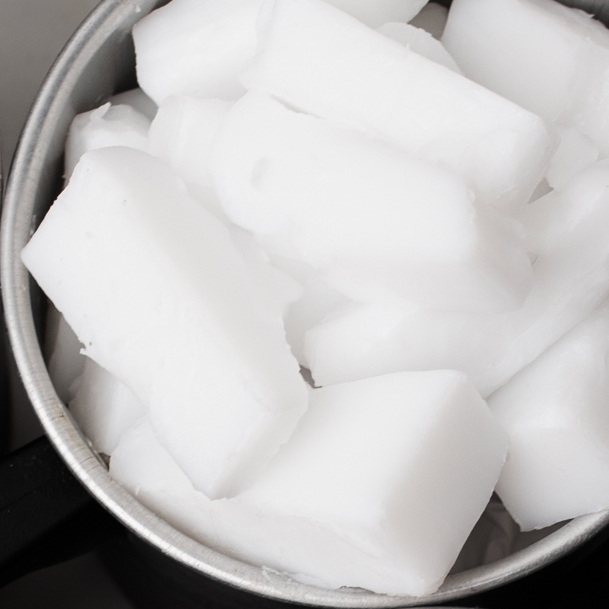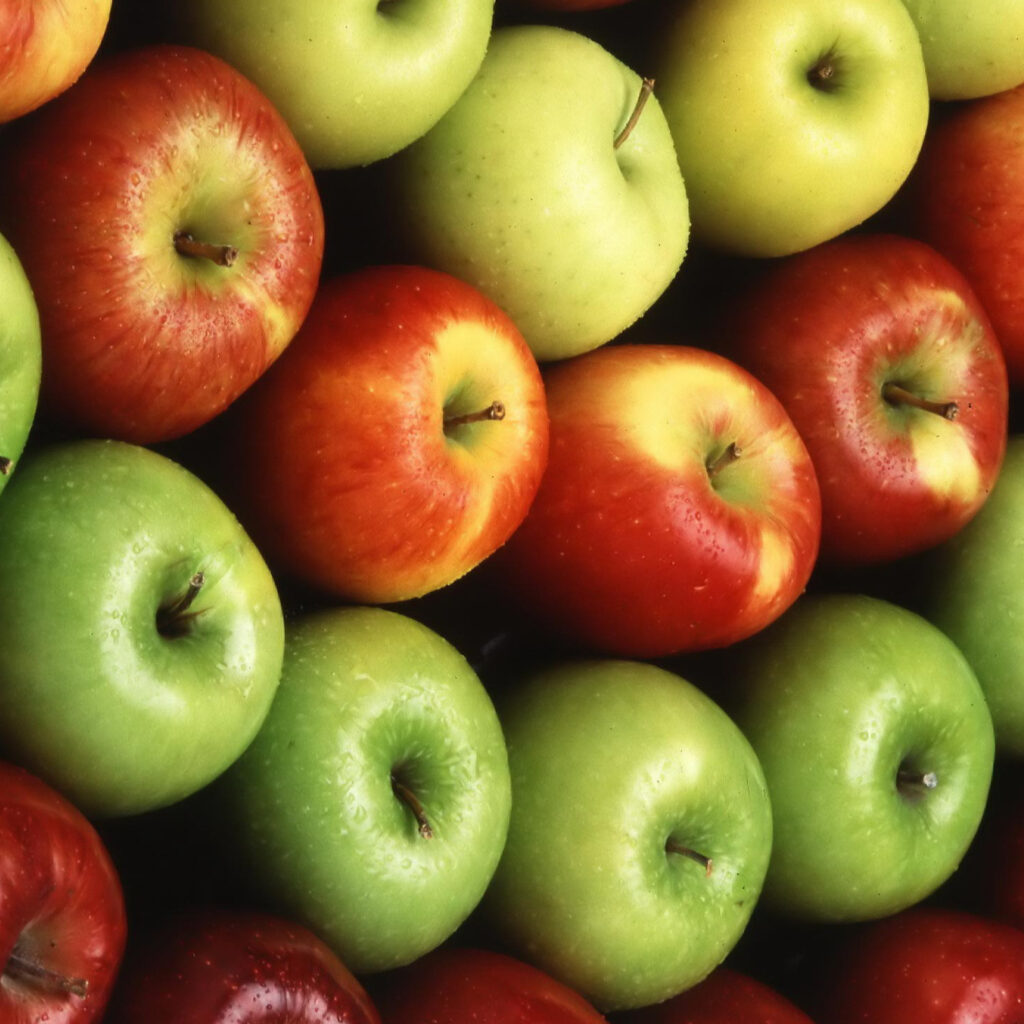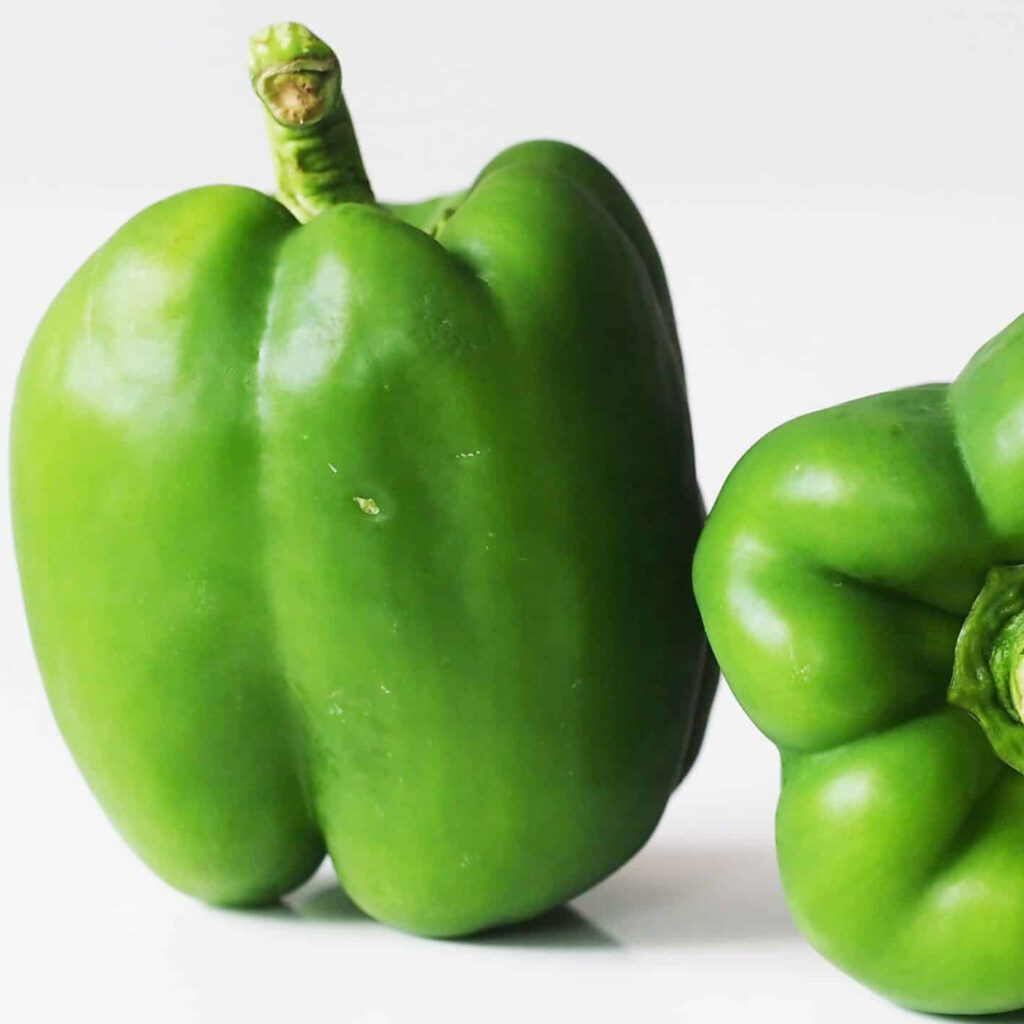Dates:
– Dates are a type of drupe, consisting of a fleshy outer part surrounding a single seed.
– They are highly nutritious, rich in sugars, fiber, vitamins (especially B6), and minerals like potassium and magnesium.
Cultural and Historical Importance:
– Dates have been cultivated for over 6,000 years and are a staple food in the Middle East and North Africa.
– They hold cultural significance in Islamic traditions, especially during the holy month of Ramadan, when dates are commonly eaten to break the fast.
Growing Conditions:
– Date palms thrive in hot, dry climates with plenty of sunlight and well-drained soil.
– They are highly drought-tolerant but require irrigation to bear fruit consistently.
Uses:
Culinary: Dates are eaten fresh, dried, or used in a variety of dishes, sweets, and baked goods.
Medicinal: In traditional medicine, dates are used to promote digestion, provide energy, and support overall health.
Agricultural: The palm leaves and trunk can be used in crafts, construction, and fuel in traditional practices.
Date palms play an essential role in the economy and agriculture of many countries in the Middle East and North Africa due to the versatility of their fruit and the plant itself.


